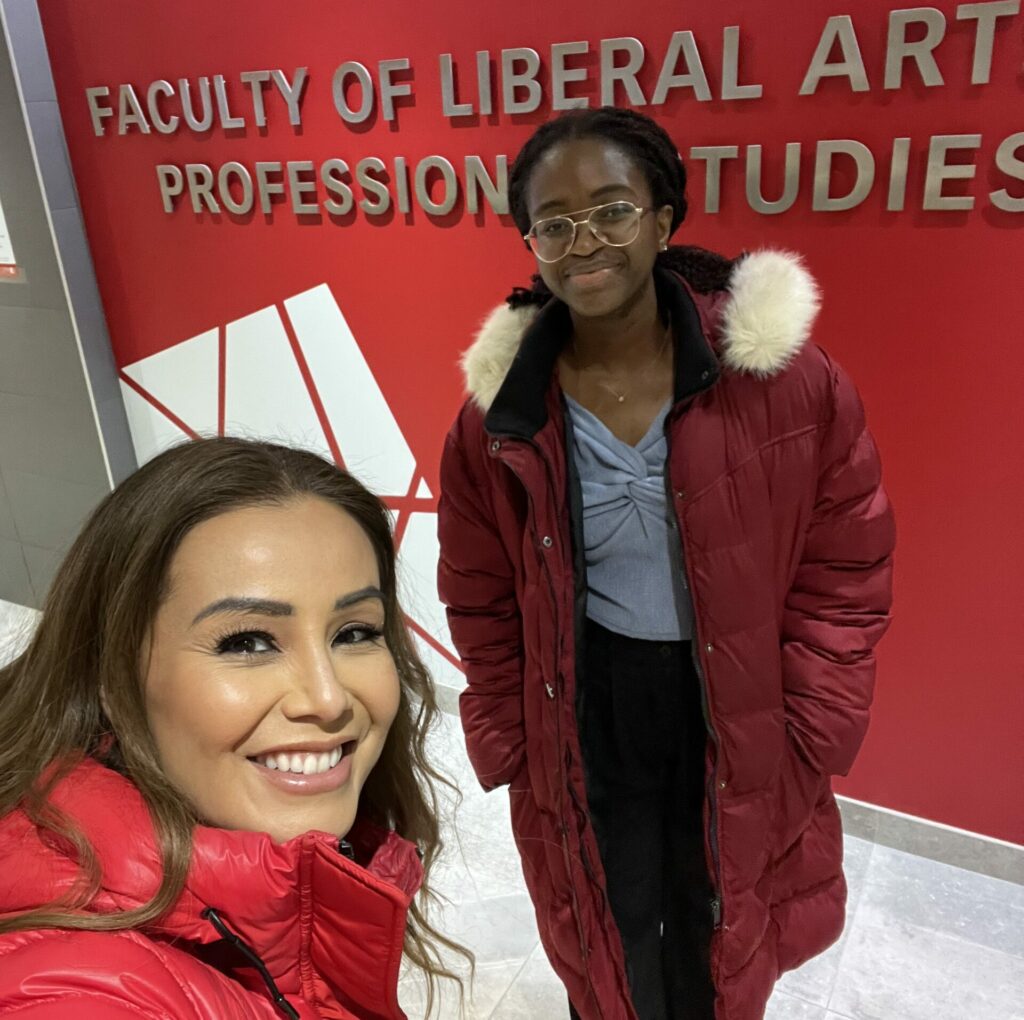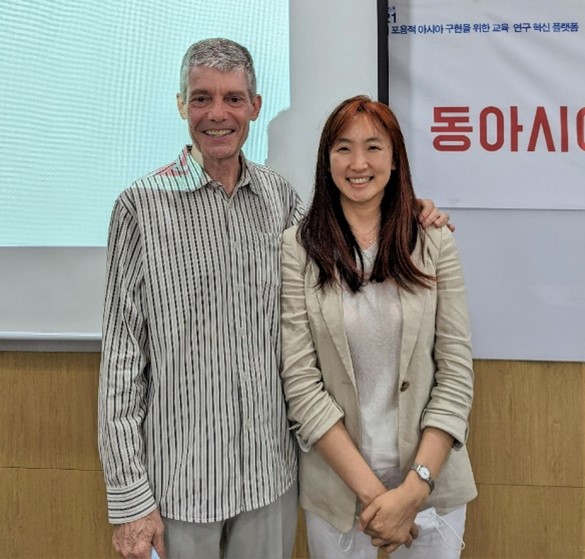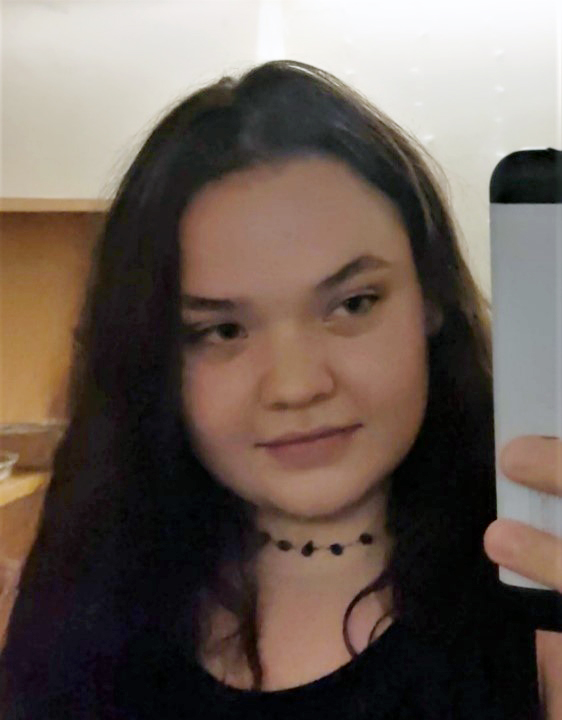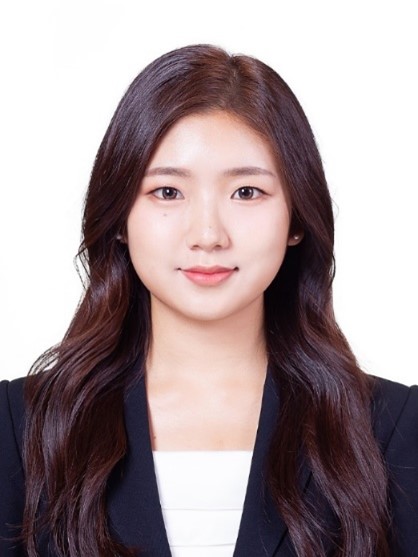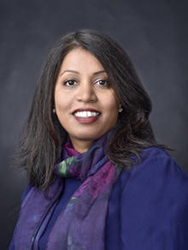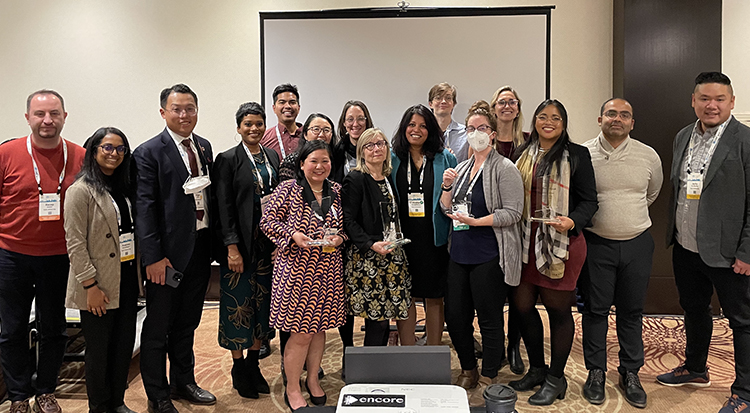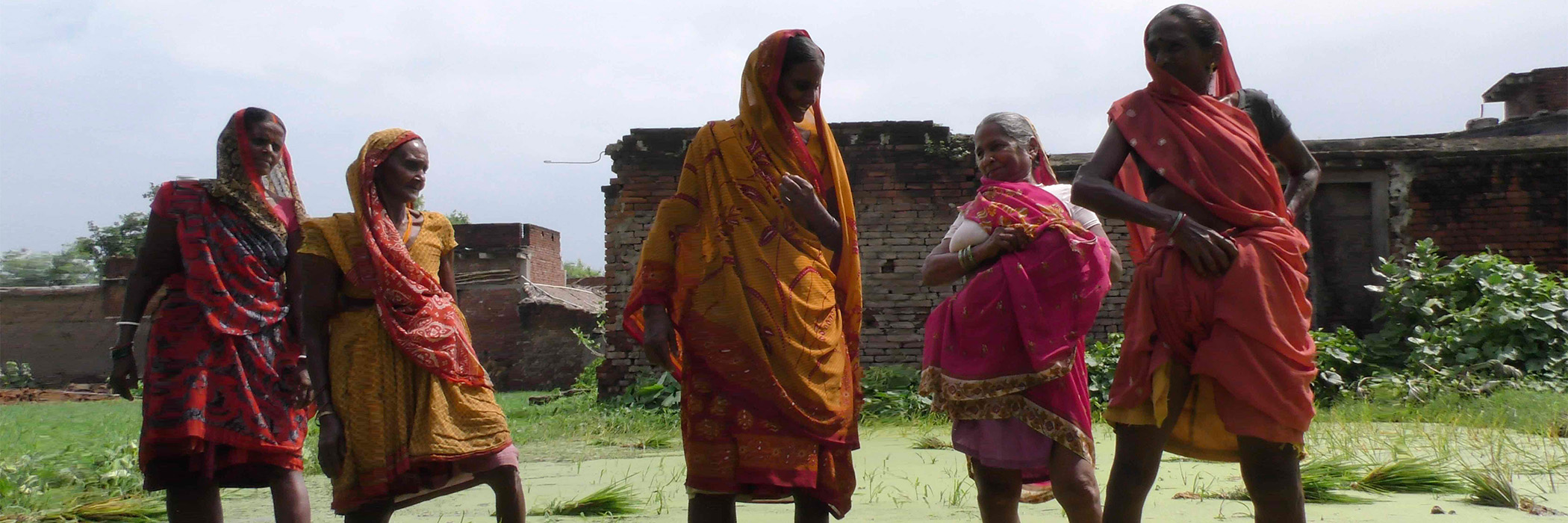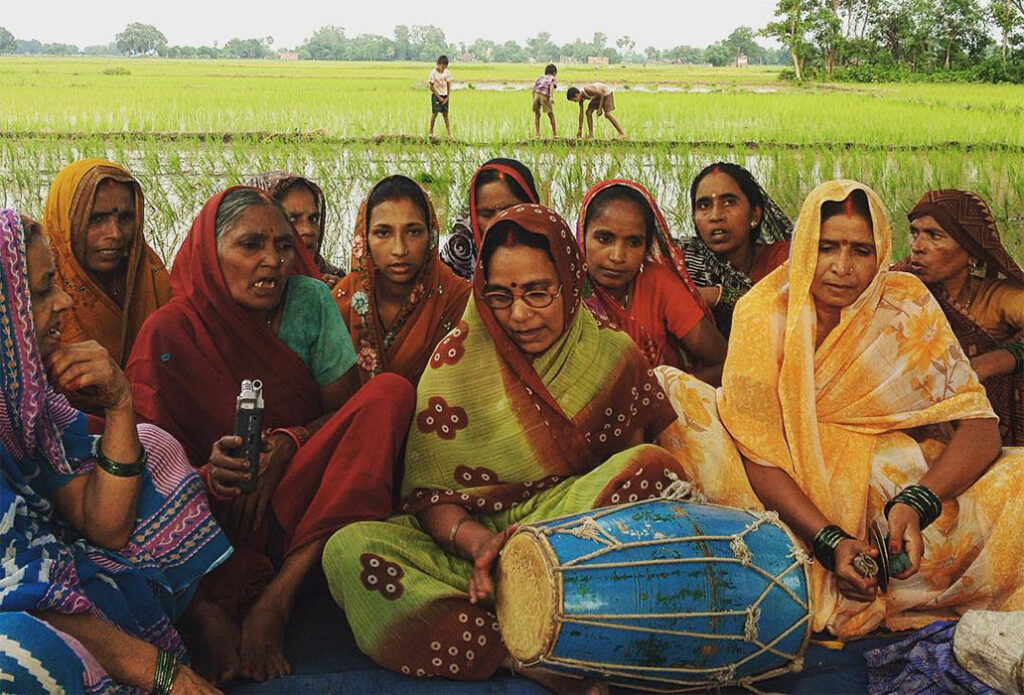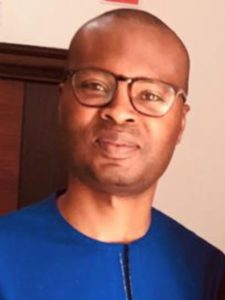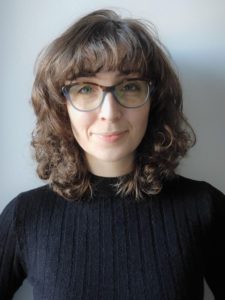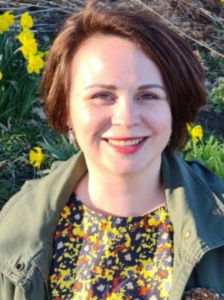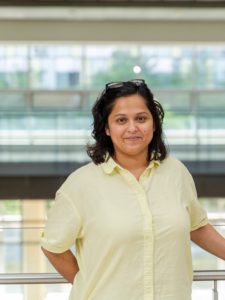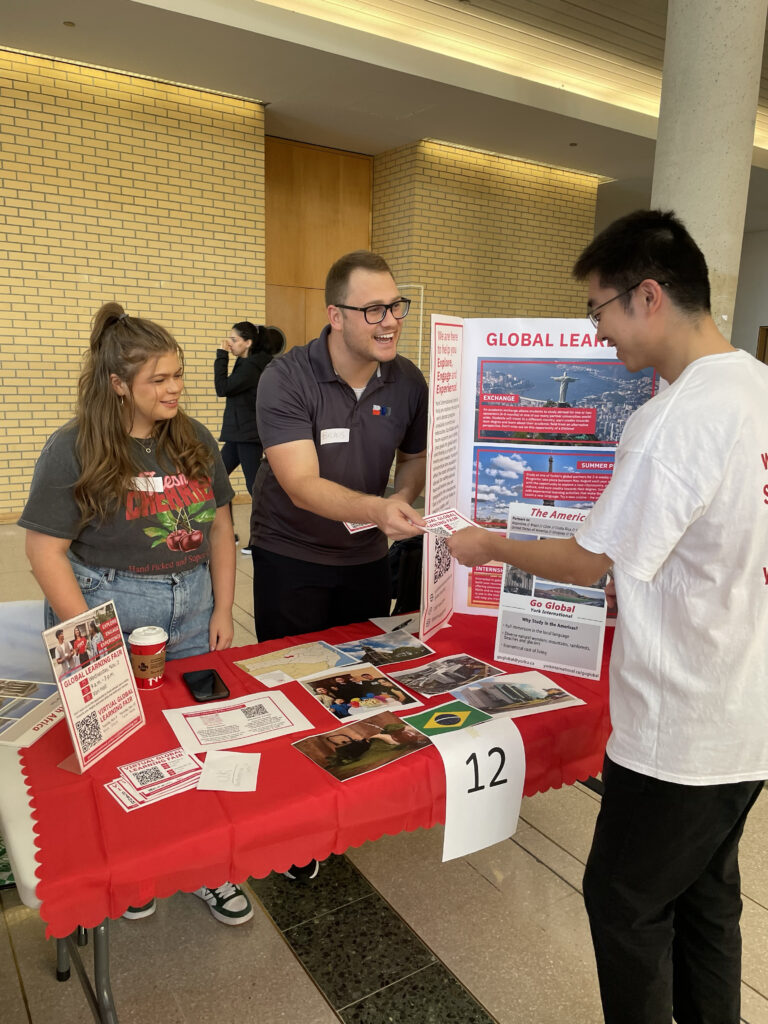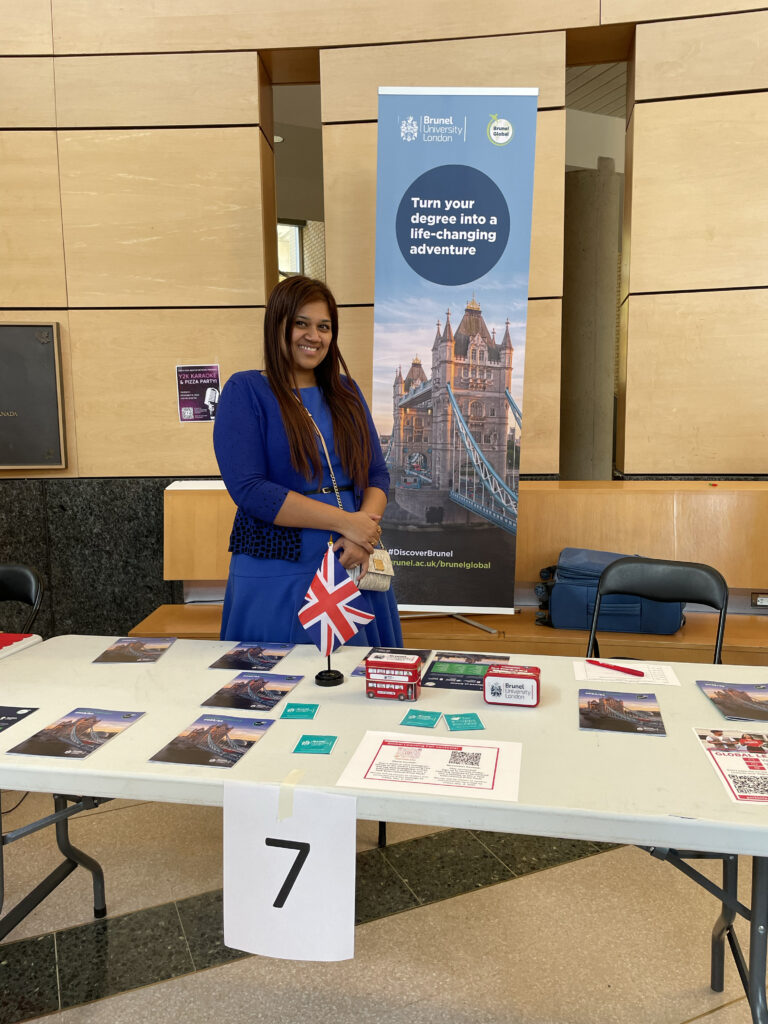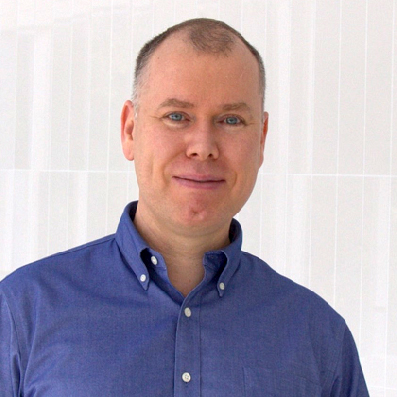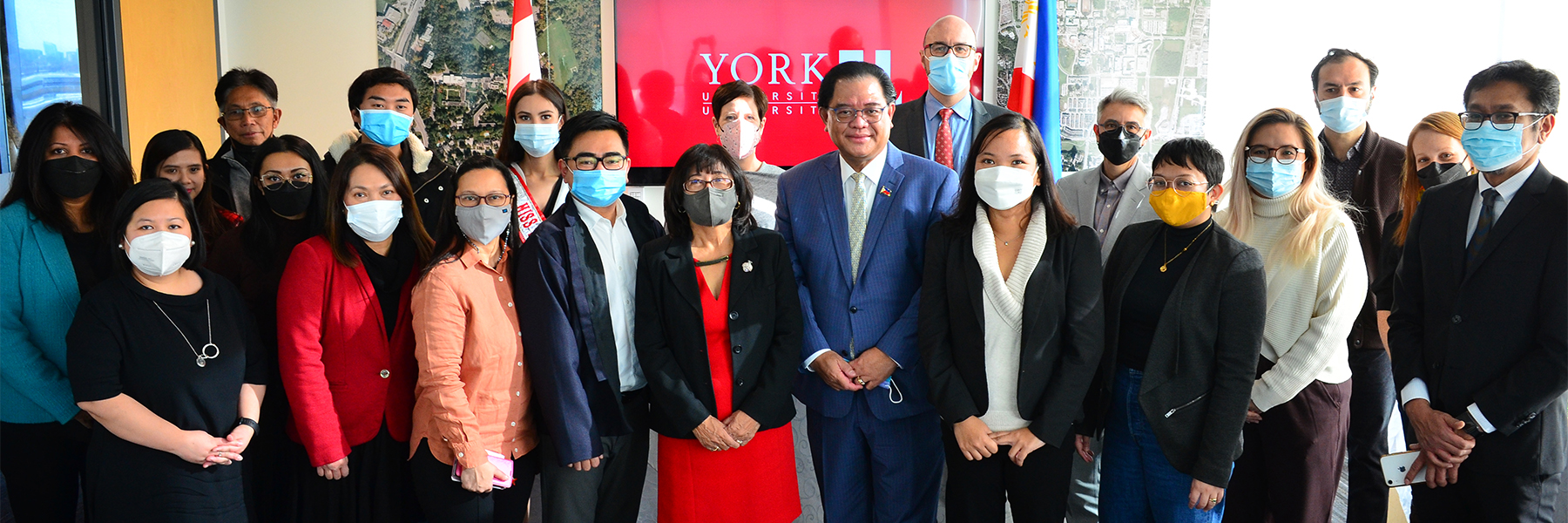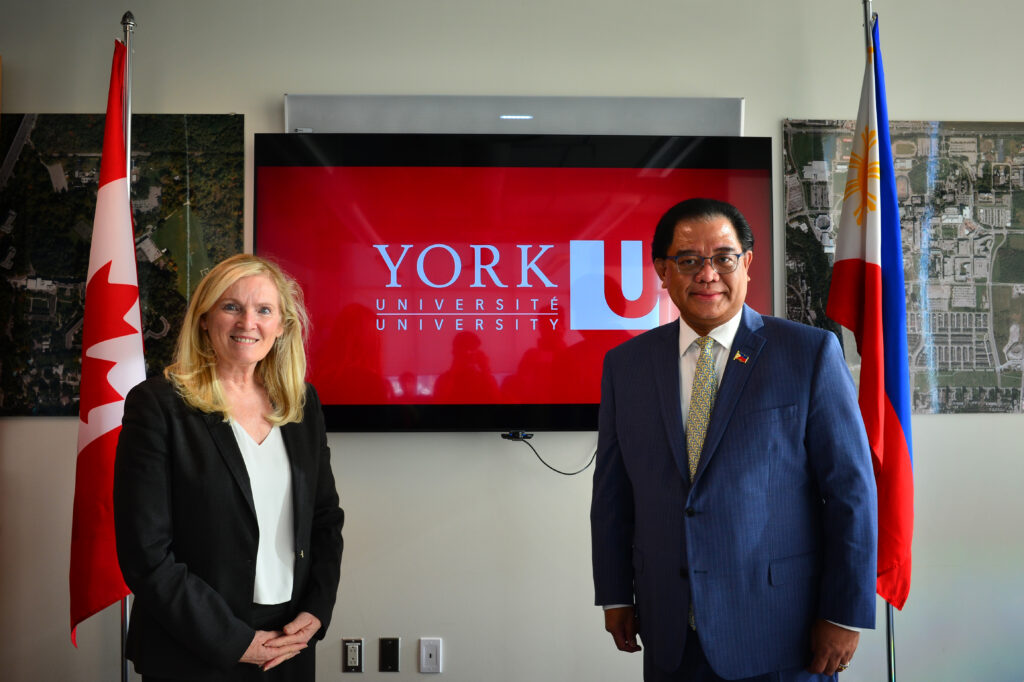As a new year emerges, YFile takes a look back on 2022 to share with readers a snapshot of the year’s highlights. “Year in Review” will run as a three-part series and will feature a selection of top news stories published in YFile. Here are the stories and highlights for May to August, as chosen by YFile editors.
May
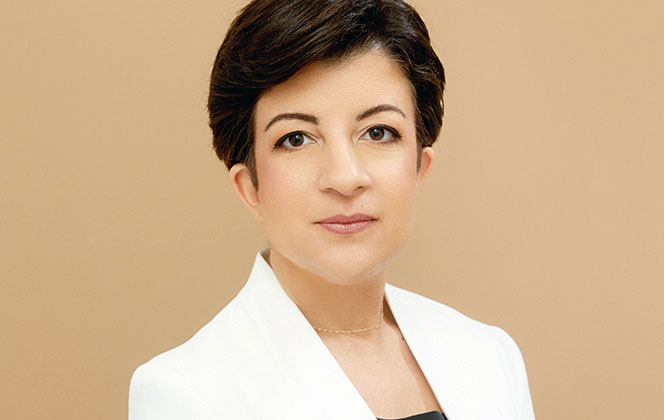
Osgoode doctoral student named Pierre Elliott Trudeau Foundation Scholar
As the daughter of Kurdish migrants who were uprooted from their home after the 1979 Iranian revolution, Roojin Habibi was naturally drawn to the study and practice of human rights law. It was only later that the accomplished doctoral researcher at Osgoode Hall Law School of York University decided to dedicate herself to the pursuit of global health justice.
A new knowledge hub at Glendon takes aim at shortage of French language teachers
Demand for French-language education is on the rise as parents hope to give their children an edge in their lives and careers, but Canada is struggling to keep up with the need for French language teachers, with an estimated shortfall of 10,000 teachers across the country. The new Camerise hub seeks to resolve the dilemma.
Immersive audio experience takes listeners into the drug overdose crisis
Cinema and Media Arts Professor Brenda Longfellow has been working with Darkfield, a U.K. theatre company specializing in immersive audio, and Crackdown, a monthly podcast covering the drug war through the eyes of drug user activists, to produce Intravene to plunge listeners into the heart of the overdose crisis in Vancouver.
Pandemic reveals systemic issues facing mothers
As families get ready to celebrate mothers this Mother’s Day with most COVID-19 pandemic related public health restrictions lifted, one York University motherhood expert says the pandemic has acted as a beacon to expose longstanding cracks in systems of caregiving, women’s rights and gender equality.
June
Graduands, alumni to cross stage in person during 2022 Spring Convocation
The long-standing tradition of graduating students crossing a stage to accept a diploma returned to York University’s Keele and Glendon Campuses when 2022 Spring Convocation was celebrated with in-person ceremonies for the first time since 2019.
Five faculty members receive 2022 President’s University-Wide Teaching Awards
Five individuals who have considerably enhanced the quality of learning for York students are recipients of the 2022 President’s University-wide Teaching Awards.
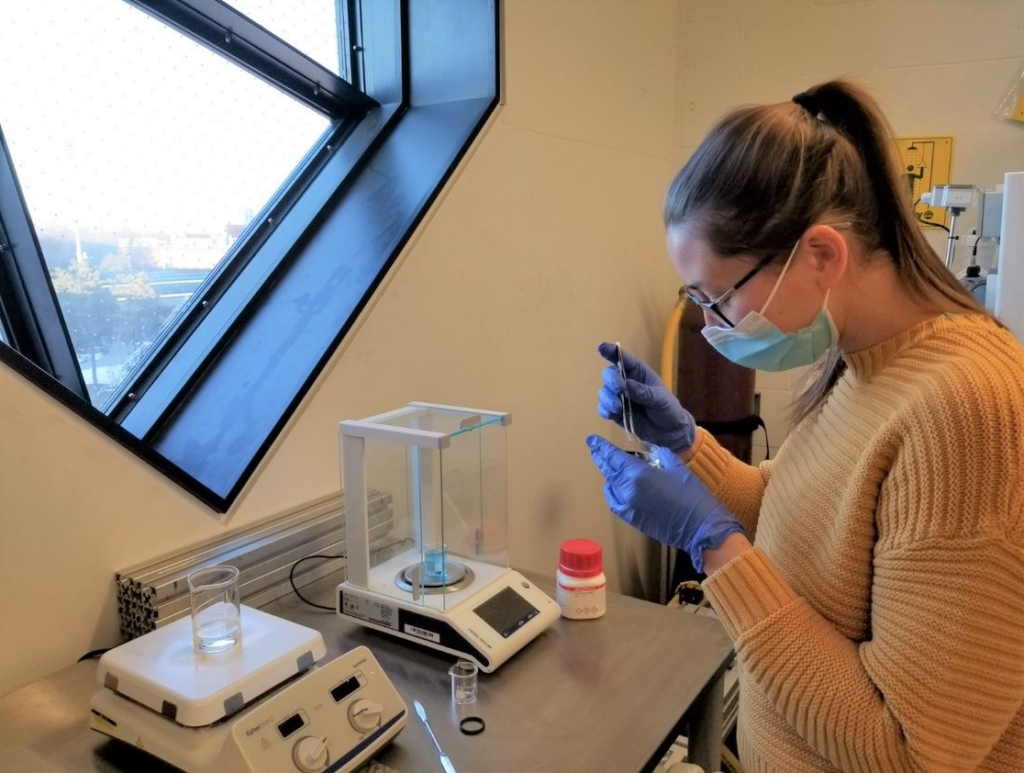
Passion for mechanical engineering leads grad student to explore 4D-bioprinting
York PhD student Daphene Solis is researching new ways to create a novel type of material that is similar to soft contact lenses, which can be used to grow artificial blood vessels for tissue engineering applications.
New funding expands use of VR technology in undergraduate chemistry teaching
Faculty of Science chemistry Professors Kyle Belozerov and Derek Jackson have received new funding to expand the use of virtual reality (VR) technology in chemistry courses to help students understand the structure and function of biological molecules at a deeper level.
York’s 2022 Schulich Leaders share passion for entrepreneurship
With the help of the Schulich Leader Scholarship program, two graduating high school students from the Greater Toronto Area are headed to York University this fall to begin their studies.
July
Professor Steven Hoffman takes new leadership role at Public Health Agency of Canada
York Professor Steven Hoffman will began a new role as vice-president corporate data and surveillance at the Public Health Agency of Canada (PHAC). As the former scientific director of the Canadian Institutes of Health Research’s (CIHR) Institute of Population and Public Health, he brings significant expertise to the agency to help shape the future of public health responses in Canada.
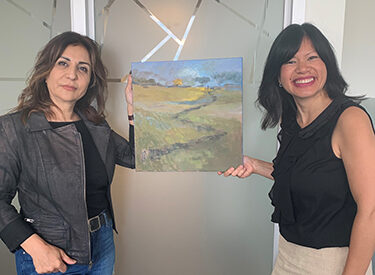
Mona Frial-Brown named recipient of the 2022 Lynda Tam Guiding Light and Legacy Award
The Advising Community of Practice and Peer Leader Community of Practice has selected Mona Frial-Brown, manager of student success and access programs in the Faculty of Liberal Arts & Professional Studies (LA&PS), to receive the 2022 Lynda Tam Guiding Light and Legacy Award.
Lassonde professor’s work is a field of green
Lassonde Professor Gene Cheung partnered with a fintech agricultural company to improve crop yield predictions using graph signal processing and deep learning.
Astrophysicist Sarah Rugheimer appointed new Allan I. Carswell Chair for the Public Understanding of Astronomy
On July 1, Associate Professor Sarah Rugheimer began her appointment as the new Allan I. Carswell Chair for the Public Understanding of Astronomy in the Faculty of Science at York University.
August
New funding to deliver interdisciplinary, innovative training program in microsystems engineering
Lassonde School of Engineering Professor Regina Lee, along with Associate Professor Pouya Rezai, Associate Professor Gerd Grau, Associate Professor Ozzy Mermut, Professor Peter Lian and six other faculty from across Canada, were awarded $1.65 million from NSERC to deliver an interdisciplinary, innovative training program in microsystems engineering.

Extension of York’s world-class research centre underway
Construction is underway for a new, two-storey, state-of-the-art Neuroscience Laboratory and Research Building at York University that will advance research and innovation while providing students with experiential education opportunities.
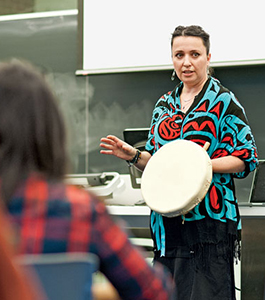
York invests in Indigenous experiential education curriculum
York University’s Academic Innovation Fund (AIF) has invested in Biskaabiiyaang: The Indigenous Metaverse to develop its Indigenized curriculum and create experiential education opportunities. Professor Maya Chacaby, a Sociology Department faculty member at Glendon Campus, is the project lead and Biskaabiiyaang’s chief visionary.
Markham Campus to offer three programs at IBM Learning Space in Fall 2023
York University will welcome its first cohort of Markham Campus students in Fall 2023 with three Markham programs offered through the University’s partnership with IBM.
Check back in the next edition of YFile for Year in Review 2022: Top headlines at York University, September to December. To see part one, January to April, go here.




